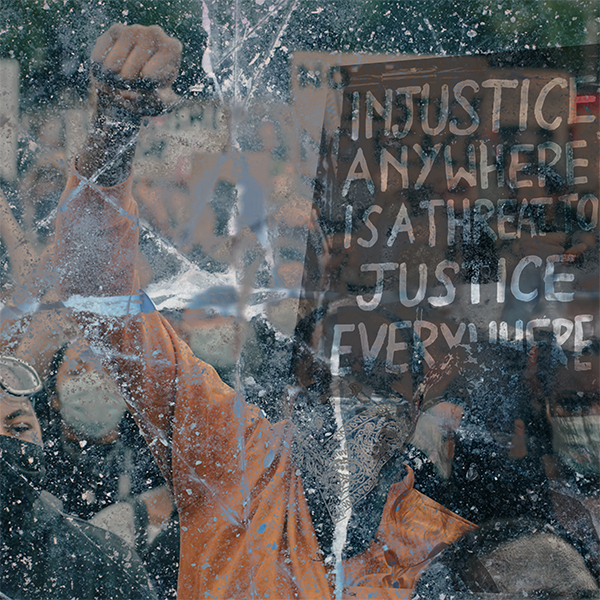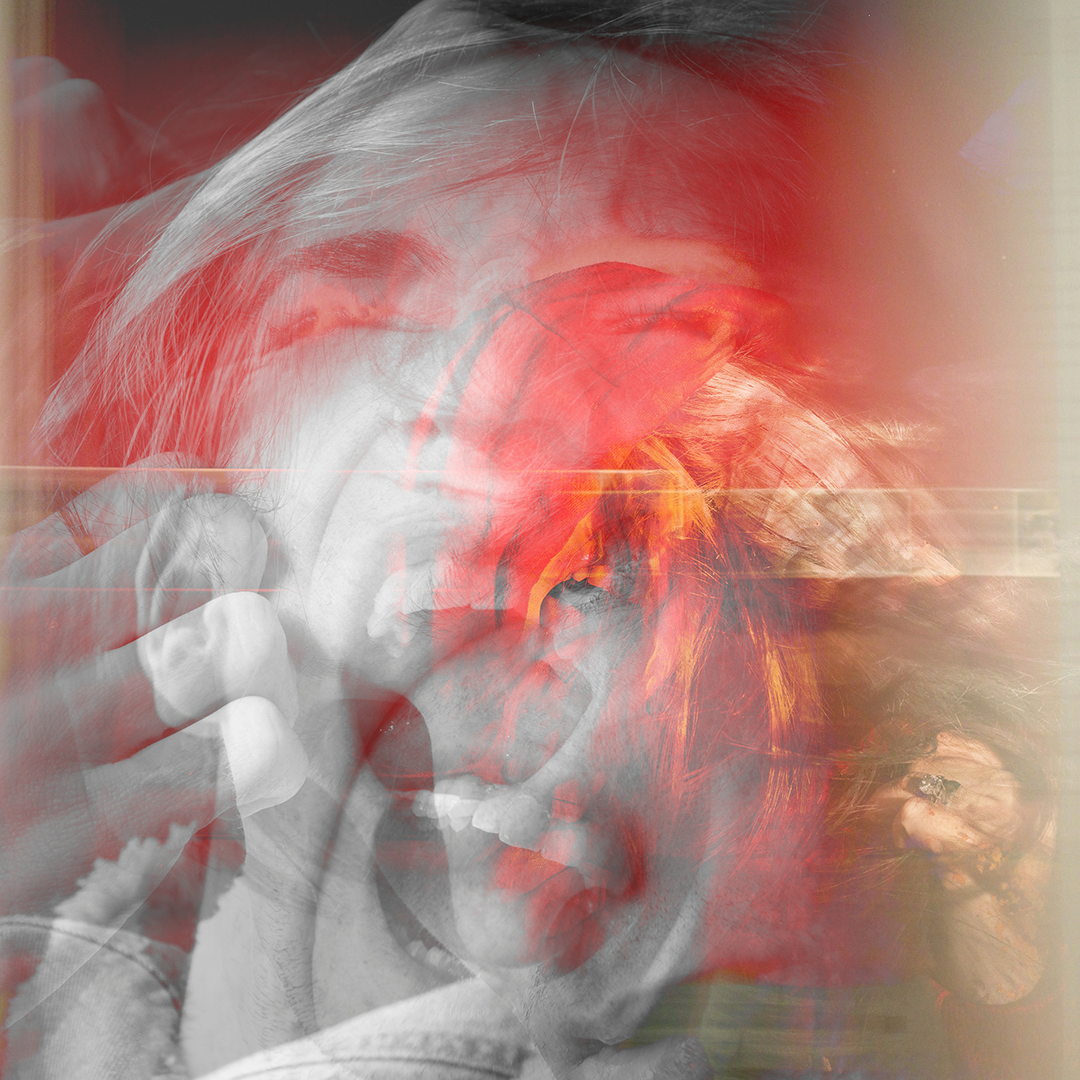Four Practices to Help Your Church Grieve Personal and National Tragedy
It happened again. It just keeps happening. Tragedy. Injustice. Death.
By now, you’ve heard about Orlando, the largest mass killing in U.S. history that took place nearly two weeks ago. Not only was it a mass killing but it was a hate crime, carried out against a minority group of people whom society at large has already marginalized.
Having not been there, we cannot begin to claim to know the grief that the families, the members of the LGBTQ community and the residents of Orlando are experiencing. However, we see their faces on the news and listen to their stories. Their pain is palpable and shouldn’t be ignored or pushed aside. We feel anger. We are baffled. We are so deeply saddened by the violence. It’s happened again, it just keeps happening. In the face of injury and loss, and as we grieve in solidarity for the victims of this tragedy, we search for ways to cope. We must find a way to cope.
Dedicate Space to Lamenting Together
We experience grief as individuals, and, sadly, as a nation. Church communities can be a good and safe place to grieve and search for healing.
But how do we embrace each other and move towards healing in a dark time so full of pain? How can we grieve together and pursue Christ as we do so?
This is the question we began to ask at Austin Mustard Seed. What we learned was that by providing a safe and confidential space for those experiencing grief, not only could we support each other in our pain, but we could encourage personal and spiritual growth.
We shouldn’t shy away from the darkness. As Richard Rohr says,
“Darkness, mistakes, and trials are the supreme teachers. Success really teaches you nothing; it just feels good.” -Richard Rohr
This quote is so powerful because it immediately rings true. You probably don’t have to make space for celebrating success in your community. But taking time to lament is different.
We have a family who opens their home once a quarter for what we call “Lament Night.” In the safety of a living room, we crack open a bottle of wine and support one another in our pain.
“Success really teaches you nothing; it just feels good.” -Richard Rohr Share on XWelcome Grief
In our community, we often repeat the following definition of grief:
“Grief is the normal and natural reaction to a loss of any kind.”
We must accept and welcome grief. All grief is legitimate — there are not wrong ways to grieve. Some experience anger as their primary reaction to the feelings of loss; others of us are so enveloped by sadness and hopelessness it seems impossible to move.
One way to welcome grief into your community is by creating a space for it on Sunday mornings. At Austin Mustard Seed, we welcome grief into our Liturgy through an exercise called “Prayers of the People”. We take a moment to open a space for prayer. We invite folks to share both their grief and/or joy with the community and in that moment receive love from the community.
The beautiful thing is that, in the moment of someone’s vulnerability, often they and the entire community are strengthened. Grief is a healthy response to loss. We must grieve, so let us grieve together.
“Grief is the normal and natural reaction to a loss of any kind.” Share on XUse Inclusive Language
Our churches need to be a place where all can grieve regardless of race, gender, sexual orientation, culture or ethnicity. There is no place for hateful rhetoric in these times, or any time. If we allow such language to come into or out of our faith communities, we only aggravate an already tragic situation, perpetuating the cycle of violence, hate and injustice that Jesus has so clearly called us to stand against. Our language and posture as we grieve must be inclusive.
As we experience these intense feelings of loss, hopelessness and despair, we should begin to process our grief together. In the acceptance of all forms of grief, we can begin to explore creative ways to express what we are experiencing. The use of music, dance, art, prayer and open conversation can help us to cry out and to listen to one another.
Expressions of grief are physical, emotional, cognitive and behavioral. There are many spiritual manifestations of grief: questioning God, fearing, losing hope, and so on. What are some ways your body can come together and express, feel and be heard. It is in being heard that we begin to heal.
At Lament Night and in other gatherings, we strive to create a “judgement free zone.” Condescension isn’t welcomed here. These gatherings aren’t a free therapy session, either, although we do believe strongly in the positive impact of therapy.
We don’t try to fix each other; in fact all we offer are ears, hugs, tissues, and some wine. Lament Night is a moment to be vulnerable and have your vulnerability met with love and acceptance.
Build a Foundation of Listening
Often times, grief is uncomfortable for both those sharing and those listening. The beautiful thing is that we are called to be uncomfortable and that by listening we grapple with the tension that things aren’t as God intended, that we all are broken. Learning to listen is like an art or discipline, and like an art or discipline, the more you practice the better you get.
So how do we listen? Really listen? Attempting to solve our sister or brother’s dilemmas or correct their feelings only re-directs attention onto ourselves and squelches their step into vulnerability. A good and helpful response is often times a simple empathetic nod, gentle touch, or “I’m sorry.”
When we move into our own feelings while listening, when we interrupt in any way, we are not listening. Yes, we will mess it up inevitably, but we can practice together and we will get better. Listening is foundational for processing pain and caring for one another and when the time comes step into the vulnerability of your own grief, you can expect to be met with the same love and acceptance that you’ve given.
Listening is challenging because our natural response is to offer insight or opinions. We truly do want to help! But when it comes to grief, allowing someone to be heard is often the best medicine.
A great way to practice this is through Story Nights. Inspired by Parker Palmer’s Discernment Committees and 3DM’s Learning Circle, Story Nights gather together your community and allow people to share their stories.
A person will share about a situation they are trying to discern or maybe they will just share a life-defining moment. Listeners are allowed to ask non-directive, open-ended questions to better understand the story.
We follow up with three questions in order to also hear the movement of the Holy Spirit:
- What is God telling you?
- What are you going to do about it?
- How can we support you in that?
By coming together and engaging in the practice of listening, we learn how to be good listeners at work and in the world. They prepare you to listen the next time someone needs to share their grief with you, though we don’t recommend asking those questions to someone sharing their grief.
When it comes to grief, allowing someone to be heard is often the best medicine. Share on XRespond Like Christ
In the face of persistent evil, in a world that is broken and grieving, how do we respond? What will be helpful to us as we heal, to our community and to those affected most deeply by this tragedy? How can we participate in the resurrection and join with Jesus in breaking through the cycle of violence, hate and injustice? Where can we show sincere love and allow God’s breath of life to provide healing and hope in the darkest times?
Be creative and thoughtful as you consider how your church might respond. Choose to stand in solidarity with those in pain. Grieve with them and for them, and for the pain in this world.
Let the stories hold on to you, don’t just hear and then forget. It is possible and appropriate for your church community to listen and love—not fix. Take time together to express grief and move towards healing together. We cannot ignore this pain.
 Kate Blackshear is the Spiritual Care & Bereavement Coordinator at Heart to Heart Hospice of Austin. She is a graduate of Truett Theological Seminary, and has served as a Pastor and Church Planter in various churches.
Kate Blackshear is the Spiritual Care & Bereavement Coordinator at Heart to Heart Hospice of Austin. She is a graduate of Truett Theological Seminary, and has served as a Pastor and Church Planter in various churches.
 Daniel Read is the Liturgy Curator and Resident Musician at Austin Mustard Seed, in Austin Tx. He selects and writes prayers, music and coordinates Sunday morning Liturgy. In the fall he will begin a Masters in Counseling program at Seminary Of the Southwest in Austin.
Daniel Read is the Liturgy Curator and Resident Musician at Austin Mustard Seed, in Austin Tx. He selects and writes prayers, music and coordinates Sunday morning Liturgy. In the fall he will begin a Masters in Counseling program at Seminary Of the Southwest in Austin.



